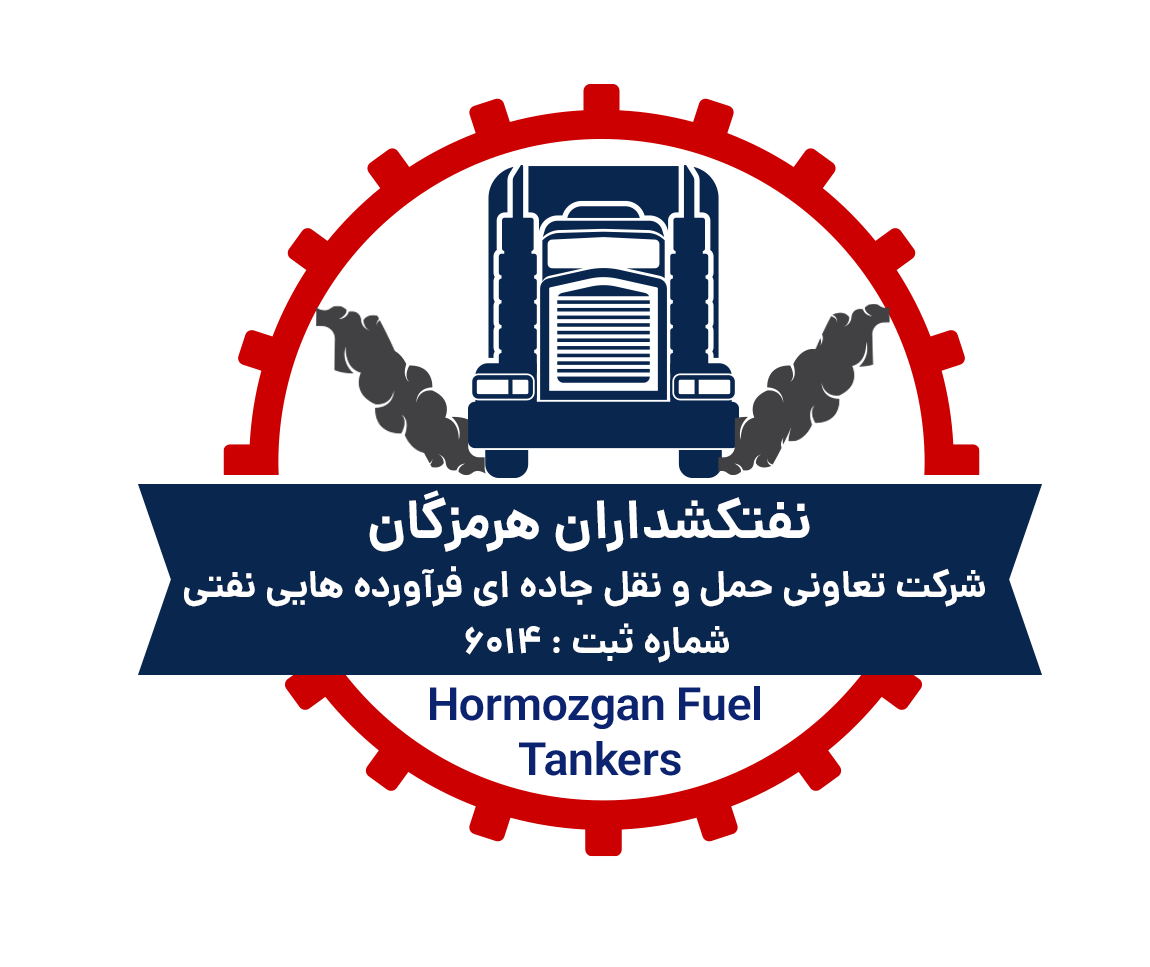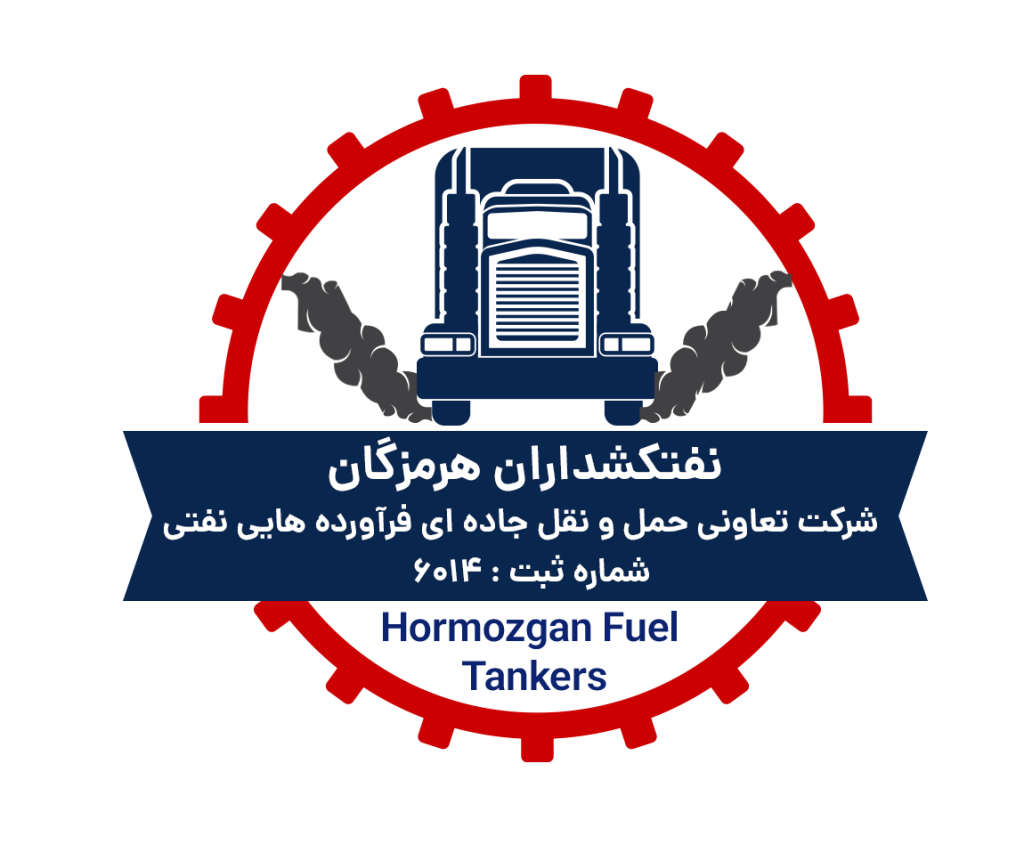Supply chain management in the petroleum products transportation industry, as one of the most complex and sensitive logistics processes, plays a key role in ensuring the safe, efficient and timely transfer of fuel and petroleum products from the producer to the end consumer. This chain includes a set of different stages including production, warehousing, transportation, distribution and inventory management, all of which must be carefully controlled and coordinated to ensure a sustainable energy supply.
1. The importance of supply chain management in the transportation of petroleum products
Petroleum products, as the main source of energy in the modern world, are widely used in various industries, public and private transportation, and power generation. Any disruption in the supply chain of these products can lead to serious consequences such as fuel shortages, disruption of industrial activities, increased production costs, and ultimately social discontent. Therefore, efficient supply chain management is crucial to prevent any interruption in fuel supply.
2. Key components of the petroleum products supply chain
Petroleum product supply chain management involves several key segments that must all work together to ensure timely and safe delivery of products. These segments include:
– **Production and Refining:** The supply chain begins with the extraction of crude oil and its refining to produce finished products such as gasoline, diesel, LPG and other petroleum derivatives. This stage requires careful planning to match production with market demand and manage refinery capacity.
– **Storage and Warehousing:** After refining, petroleum products are stored in special tanks. Inventory management is particularly important at this stage, as it must be organized in a way that not only prevents any sudden shortages, but also minimizes excessive warehousing that may lead to reduced quality or increased costs.
– **Transportation:** This stage involves the movement of petroleum products from refineries to distribution centers or end consumers. Transportation can be done via pipelines, road tankers, ships or railways. The choice of the appropriate transportation method varies depending on the distance, cargo volume and type of product.
– **Final distribution and delivery:** The last stage involves the distribution of products to fuel stations or industrial and commercial customers. At this stage, high precision and coordination are essential to ensure timely delivery to the final consumers.
3. Challenges of supply chain management in the oil industry
Petroleum product supply chain management faces several challenges that can threaten the sustainable and efficient supply of energy. Some of these challenges include:
– **Oil price fluctuations:** The price of crude oil is constantly changing under the influence of political, economic and environmental factors. These fluctuations can lead to sudden changes in production and transportation costs, making supply chain planning more difficult.
– **Safety and environmental risks:** The transportation of petroleum products requires compliance with the strictest safety standards due to potential hazards such as leaks, explosions and environmental pollution. Any incident in this area can have serious consequences for the environment and society.
– **Need for international coordination:** Given the global nature of the petroleum industry, the supply chain of this industry usually involves interaction with different countries. Economic sanctions, changes in international laws and customs regulations are among the factors that can have a direct impact on international transportation processes.
4. Solutions to improve supply chain management
To address the challenges ahead and improve supply chain efficiency, it is essential to use new technologies and optimize processes. Some effective solutions in this regard include:
– **Digital technologies and smart systems:** Using supply chain management systems based on the Internet of Things (IoT), blockchain, and artificial intelligence can help improve shipment tracking, demand forecasting, and reduce errors. These technologies also allow monitoring the status of products along the transportation route and preventing incidents.
– **Advanced inventory management:** Using demand forecasting algorithms and market data analysis can help improve inventory management in warehouses and prevent unexpected fluctuations in supply and demand.
– **Transportation optimization:** Choosing the most optimal routes and vehicles for transporting petroleum products can help reduce costs and delivery times. The use of fleet management systems and real-time vehicle tracking can be effective in this regard.
5. Sustainability and environmental issues in supply chain management
Given the growing concerns about climate change and environmental protection, sustainability in the management of the petroleum products supply chain is of particular importance. The industry can help reduce its environmental impact by adopting greener and more sustainable approaches, including optimizing fuel consumption, reducing greenhouse gas emissions, and using renewable energy.
Conclusion
Supply chain management in the petroleum products transportation industry is a complex and sensitive process that requires careful coordination between different components and the use of modern technologies to improve efficiency and reduce risks. Given the critical importance of petroleum products in the global energy supply, improving supply chain management can help ensure sustainable access to energy, reduce costs, and also reduce the environmental impact of this industry.












